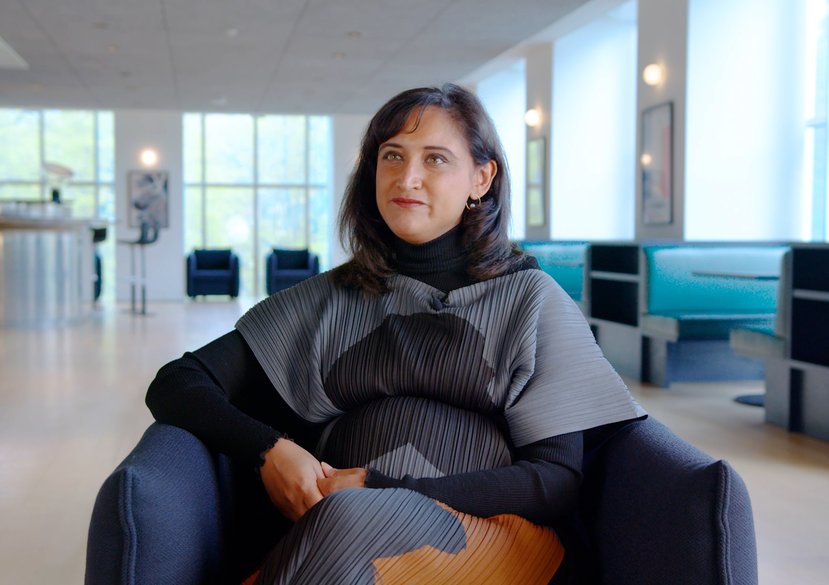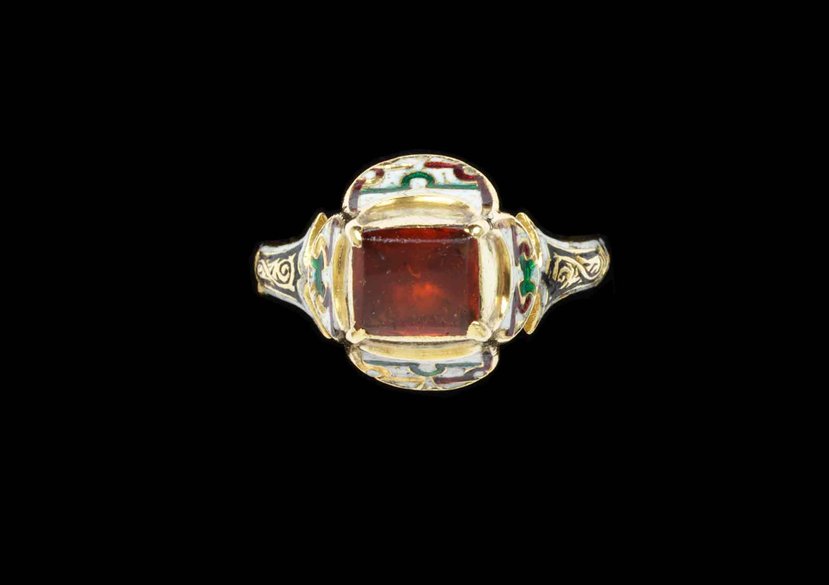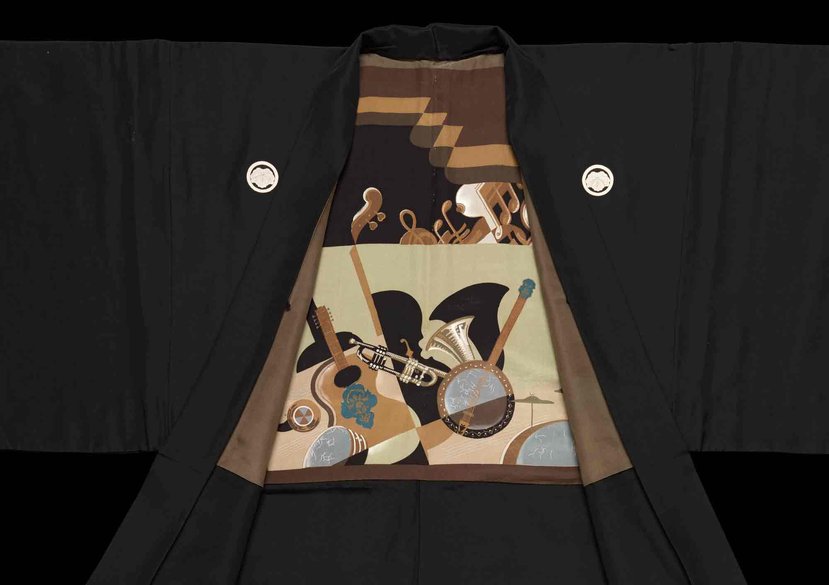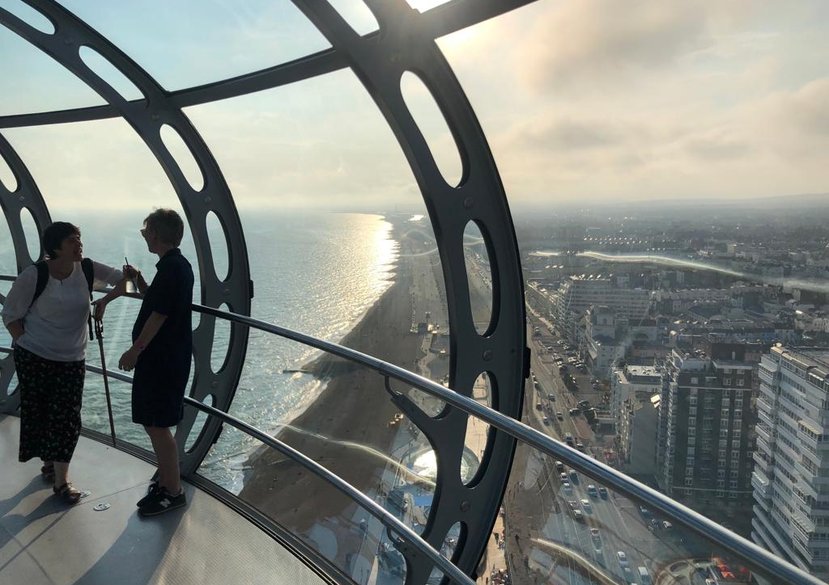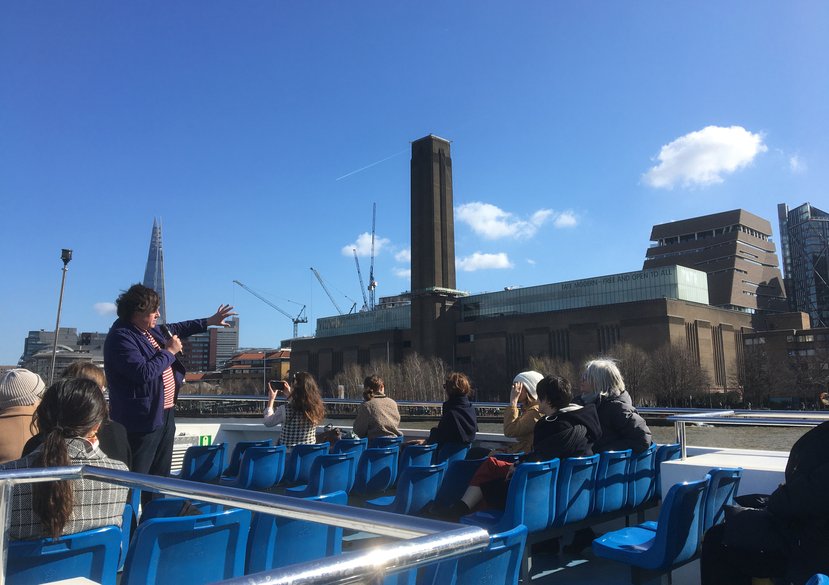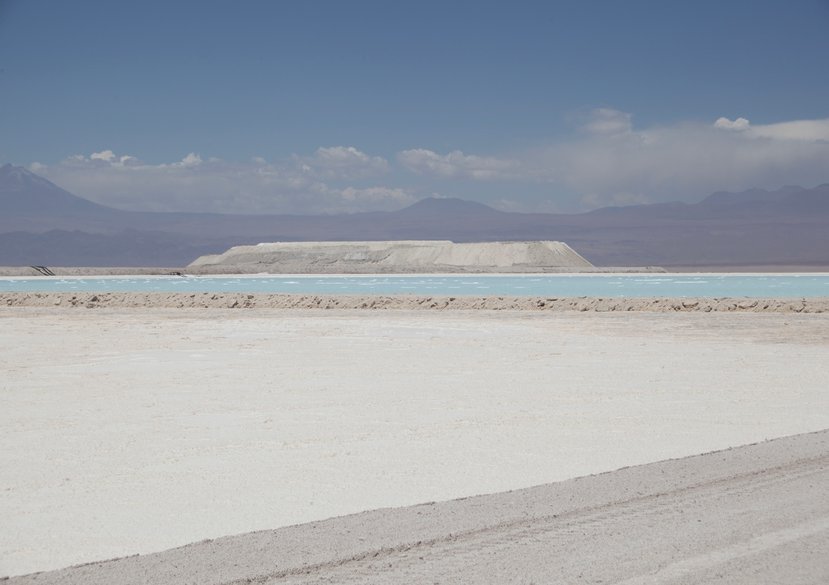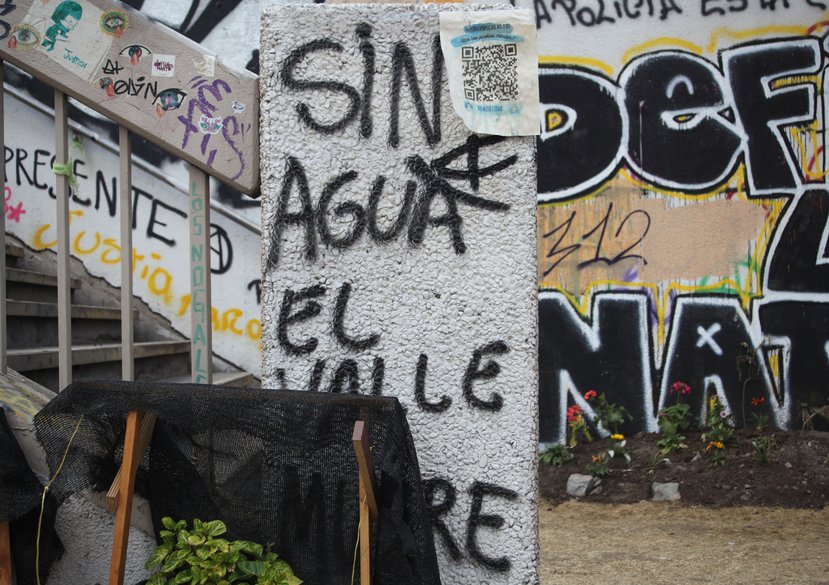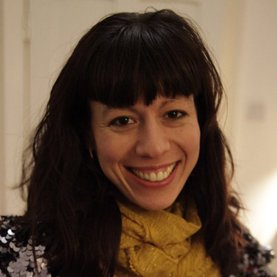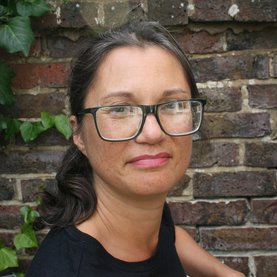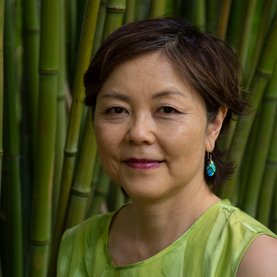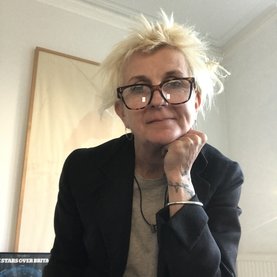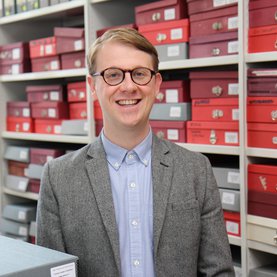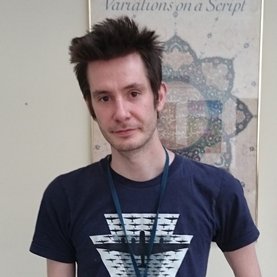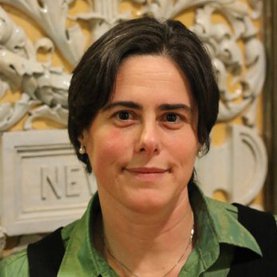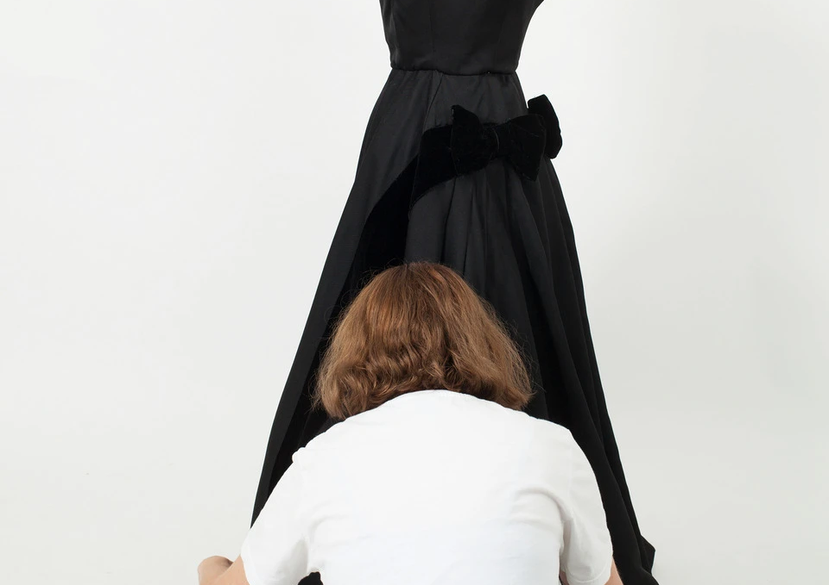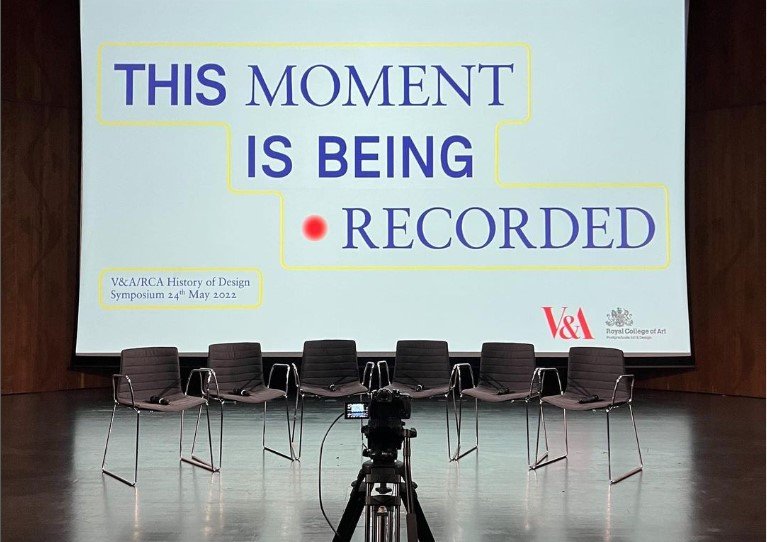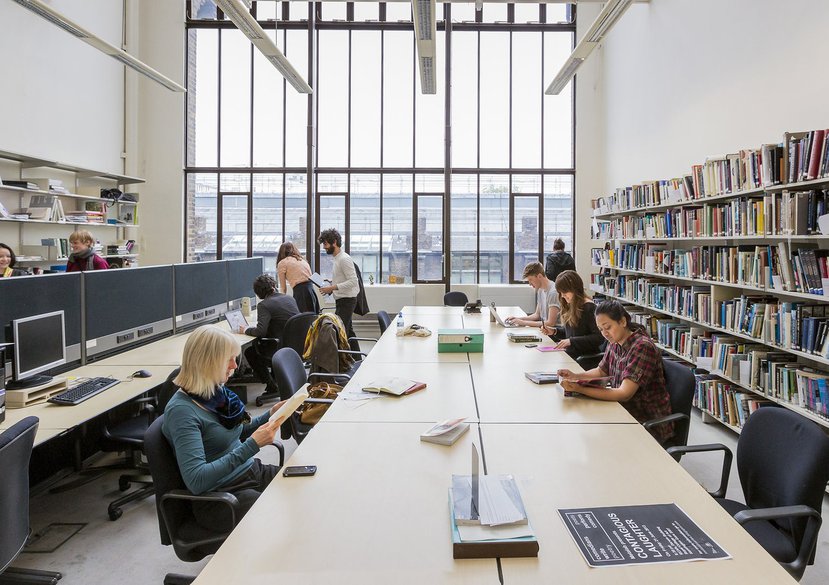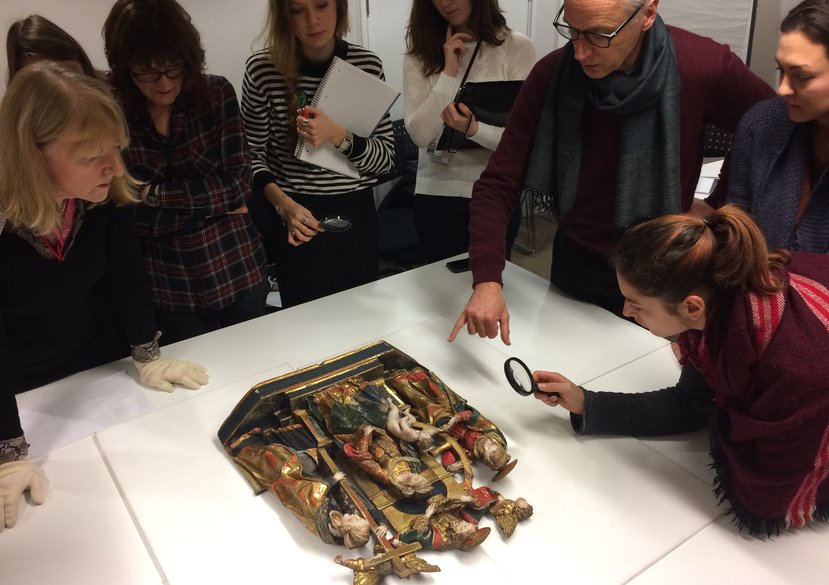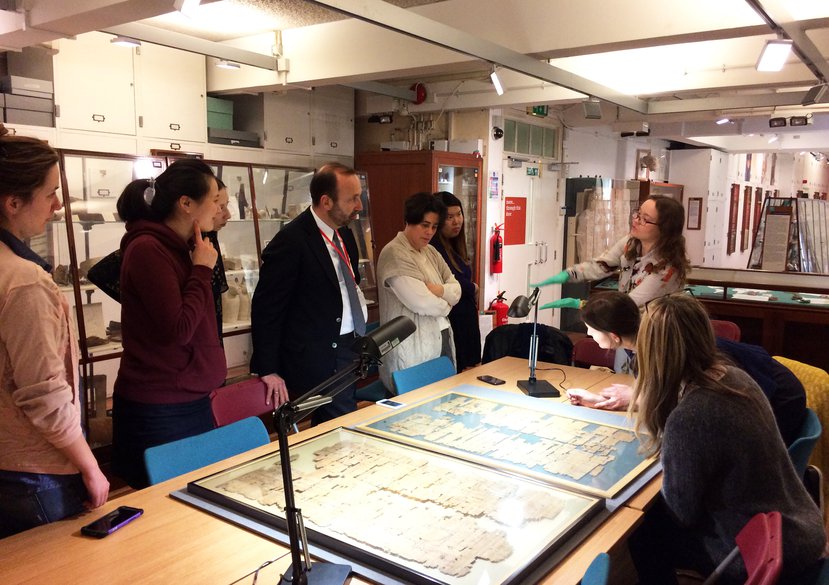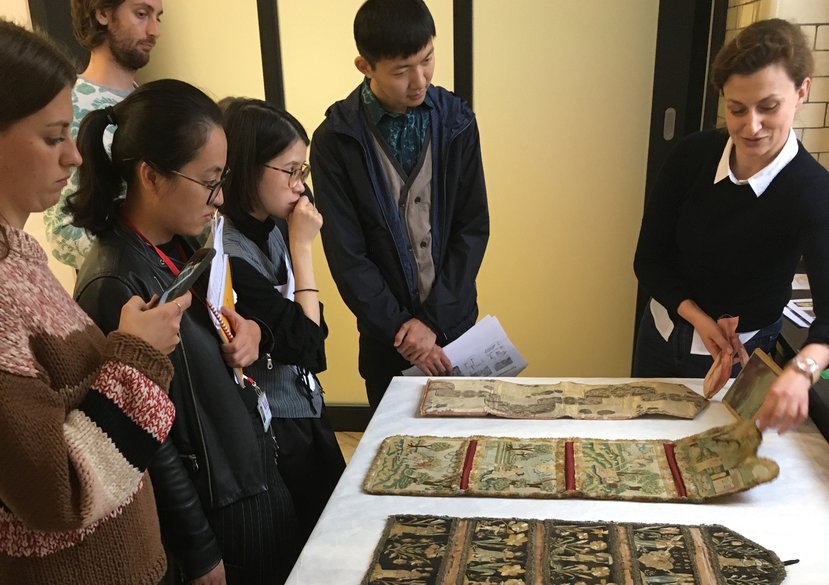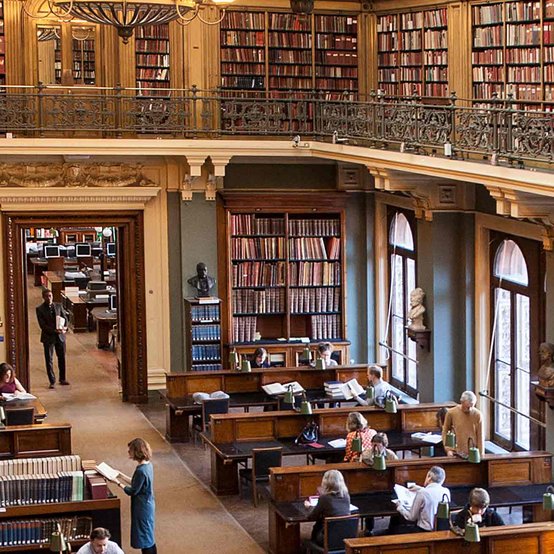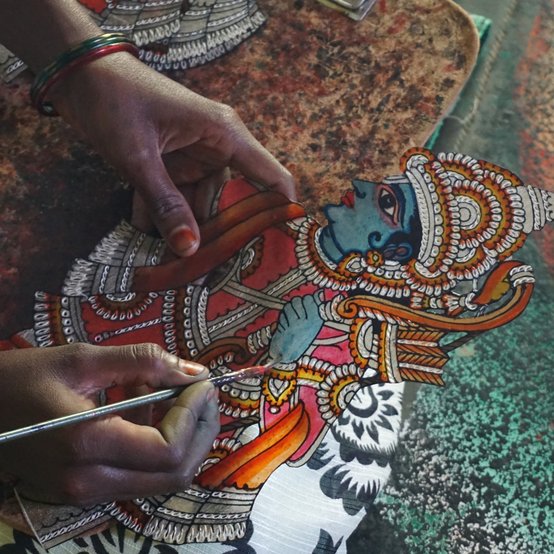
Overview
Committed to practice-based, public-facing history
Key details
- 180 credits
- 1 (FT) / 2 (PT) year programme
- Full-time or part-time study
School or Centre
Location
- Kensington
Next open event
Application deadline
- 14 Aug 2024
Career opportunities
- RCA/V&A History of Design alumni are working successfully in a range of positions across universities, museums, cultural organisations, design firms and media outlets, as well as in independent practice.
Discover history through the lens of design

Join a Master’s programme jointly run by two world-leading centres of excellence for scholarship and creativity, the Victoria and Albert Museum (V&A) and Royal College of Art (RCA). Develop advanced knowledge, skills and approaches from the perspective of design history.
Our research-led teaching and experiential methods inspire and train future leaders in the field. Alumni of the programme are working successfully in various positions across universities, museums, cultural organisations, design firms and media outlets, as well as in independent practice.
We see the history of design as interdisciplinary and future-facing. We offer ground-breaking tools and approaches for studying the history and material culture of design in everyday life, across a global geography from c. 1400 to the present. Our research and teaching ranges from the early modern to the contemporary, with particular expertise in the UK/Europe, North America and Asia, and transnational and global connections. Our programme is strongly committed to inclusivity, decoloniality and social and environmental engagement.
We combine scholarly excellence with risk-taking to forge histories of design and material culture that are public-facing and experimental. We draw on a global outlook, whether placing local histories in a comparative context or tracing global networks through material culture.
You explore topics as broad as fashion and textile history; histories of architecture; digital materialities; material histories of medicine, science and technology; the material culture of everyday life; histories and practices of making, craft and embodied knowledge; environmental history, ecologies of design and the Anthropocene; history of theatre and performance; social and political history in relation to design; decoloniality and social justice through design history practice; and global history through material culture.
For the second consecutive year the QS World University Rankings by Subject (2024) has ranked the RCA as the number 1 university for History of Art (including programmes teaching the history of design and architecture.
Applications for the September 2024 intake are open and will be assessed on a rolling basis. Programmes will close for applications when the maximum number of places have been awarded, or at the final deadline on 14 August, 12 noon (UK time).
Explore graduate work
Visit the RCA2023 website to view graduate work by our students.
Find out more about this programme
Catch the replays from our last online Open Day.
Gallery
Staff
Facilities
The V&A/RCA History of Design MA is located primarily in Kensington, in RCA Kensington and the V&A, with teaching on other RCA campuses.
View all facilitiesStudents on the V&A/RCA History of Design MA programme have access to a dedicated library in the V&A as well as shared student spaces at the RCA.
Our alumni
Our alumni form an international network of creative individuals who have shaped and continue to shape the world. Click on each name to find out more.
Where will the RCA take you?More details on what you'll study.
Find out what you'll cover in this programme.
What you'll cover
How you'll learn
There will be several opportunities to collaborate with others, but at a minimum, your programme will include 239 contact hours and 1561 independent study hours. Contact hours can consist of lectures, seminars, tutorials, critical forums and workshops, among other types of teaching delivery.
Teaching types included in your programme can consist of briefings, projects, tutorials, seminars, lectures, critical forums, technical inductions, technical workshops, offsite visits and blended learning.
Programme structure: Full-time study
The programme is delivered across three terms and includes a combination of programme, School and College units.
Term 1
Artefacts in History (30 credits) develops your fundamental skills for undertaking historical research through artefact analysis, exploring and analysing different object types using core theoretical approaches and archival/primary resources.
Alongside Artefacts in History, you’ll study History as Public Practice (15 credits), which increases your understanding of the broader practices and applications of design history as a public-facing practice beyond the writing of essays. You will meet researchers and curators working on live projects in the public sphere to discuss current debates in the expanded field of design history.
Term 2
In Research in the History of Design and Material Culture (30 credits) you will learn about approaches and methods for writing design histories, conceive an original and viable research project and locate it in relation to existing fields. You will explore how histories are written and shared, engage with current debates and new directions in design history and material culture research, and produce your own dissertation research proposal, ready to move on to the Independent Research Project.
AcrossRCA (College-wide unit)
Across terms 1 and 2, you will participate in AcrossRCA. This unit aims to support you in meeting the challenges of a complex, uncertain and changing world by bringing you together to work collaboratively in interdisciplinary teams on a series of themed projects informed by expertise within and beyond the College. These projects will challenge you to use your intellect and imagination to address key cultural, social, environmental and economic challenges. In doing so, you will develop and reflect on the abilities required to translate knowledge into action, and help demonstrate the contribution the creative arts can make to our understanding and experience of the world.
In The Urgency of the Arts (15 credits), a School-wide unit, we ask how arts and humanities research and practice can engage with our current socio-political climate, and how might it shape, be necessary and essential in contemporary cultural debates.
The unit introduces you to diverse perspectives, approaches, and methods relevant to contemporary practice and thought in the arts and humanities. The delivery, predominantly based on workshops and featuring specialist presentations by leading artists, aims to assist students in recognising, questioning, expanding, and reevaluating their own artistic practices and disciplinary assumptions. Through interactions with staff and students from across the School, as well as through a variety of methodological approaches, students will develop an understanding of the contemporary concerns that shape and influence artistic practice. You will be supported in understanding your work's possibilities, complexities and impact. They will be encouraged to contextualise it within broad cultural landscapes to recognise and emphasise its potential and the complex ways their work may be received and understood.
Term 3
The Independent Research Project (60 credits) develops and extends your independent research practice, culminating in a dissertation and an oral presentation, participation in the student Symposium and Publication, and the creation of a Portfolio of Practice.
Programme structure: Part-time study
The programme is delivered across six terms and includes a combination of programme, School and College units.
Term 1
The Artefacts in History (30 units) develops your fundamental skills for undertaking historical research through artefact analysis, and your wider understanding of the purpose and significance of object-led research. In this term you'll explore analysis of different object types using core theoretical approaches and archival/primary resources.
Term 2
In the unit Research in the History of Design and Material Culture (30 units), you will learn about approaches and methods for writing design histories, conceive an original and viable research project and locate it in relation to existing fields. You will explore how histories are written, engage with current debates and new directions in design history and material culture research, and produce your dissertation research proposal, ready to move on to the Independent Research Project.
Term 3
The Independent Research Project develops and extends your independent research practice. In term 3, you conduct research and begin to draft a 12,000-word Dissertation, giving a work-in-progress oral presentation on one of your draft chapters. In term 6, you complete the Dissertation, participate in a Research Poster display and create a Statement of Practice.
The Independent Research Project develops and extends your independent research practice. In term 3, you conduct research and begin to draft a 12,000-word Dissertation, giving a work-in-progress oral presentation on one of your draft chapters. In term 6, you complete the Dissertation, and participate in a student symposium and publication.
Term 4
History as Public Practice (15 credits) increases your understanding of the wider practices and applications of design history as a public-facing practice, beyond writing essays. You will meet researchers and curators working on live projects in the public sphere to discuss current debates in the expanded field of design history.
Term 5
In The Urgency of the Arts (15 credits), a School-wide unit, we ask how arts and humanities research and practice can engage with our current socio-political climate, and how might it shape, be necessary and essential in contemporary cultural debates.
The unit introduces you to diverse perspectives, approaches, and methods relevant to contemporary practice and thought in the arts and humanities. The delivery, predominantly based on workshops and featuring specialist presentations by leading artists aims to assist students in recognising, questioning, expanding, and reevaluating their own artistic practices and disciplinary assumptions. Through interactions with staff and students from across the School, as well as through a variety of methodological approaches, students will develop an understanding of the contemporary concerns that shape and influence artistic practice. You will be supported in understanding your work's possibilities, complexities and impact. You will be encouraged to contextualise it within broad cultural landscapes to recognise and emphasise its potential and the complex ways their work may be received and understood.
Term 6
In term 6, you complete the Dissertation for your Independent Research Project, participate in a Research Poster display and create a Statement of Practice.
AcrossRCA
AcrossRCA is a compulsory 30-credit unit which is delivered as part of all MA programmes.
Situated at the core of your RCA experience, this ambitious interdisciplinary College-wide unit supports you in responding to the challenges of complex, uncertain and changing physical and digital worlds. Developed in response to student feedback, AcrossRCA creates an exciting opportunity for you to collaborate meaningfully across programmes.
Challenging you to use your imagination and intellect to respond to urgent contemporary themes, this ambitious unit will provide you with the opportunity to:
- make connections across disciplines
- think critically about your creative practice
- develop creative networks within and beyond the College
- generate innovative responses to complex problems
- reflect on how to propose ideas for positive change in local and/or global contexts
AcrossRCA launches with a series of presentations and panel discussions from acclaimed speakers who will introduce the themes and act as inspirational starting points for your collaborative team response.
Delivered online and in-person across two terms, the unit has been designed to complement your disciplinary studies and to provide you with a platform to thrive beyond graduation.
Requirements
What you need to know before you apply
Candidates are selected entirely on merit and applications are welcomed from all over the world. The selection process will consider creativity, imagination and innovation as demonstrated in your application, as well as your potential to benefit from the programme and to achieve high MA standards overall.
You should have a good first degree in an arts and humanities or an art, design, photography or performance practice background. If you have a different background, for example in the social sciences or professions, we encourage you to apply. We welcome applications from students of all ages, and view both prior academic and professional experience as valuable.
What's needed from you
Portfolio requirements
Your portfolio is a showcase of your work as an artist or designer and can be made up of images, videos or writing examples. Your portfolio helps us to better understand your application and allows you to show evidence of your ability and motivation to undertake a given programme.
Generally, we’re looking for you to demonstrate your:
- Creativity, imagination and innovation
- Ability to articulate the intentions of the work
- Intellectual engagement in areas relevant to the work
- Technical skills appropriate to the work
- Potential to benefit from the programme
Please use the first two project spaces below to supply two pieces of recent writing, for example, an academic assignment, which displays your preparedness and appropriateness for the programme.
You may also add any supporting material, such as images or video for example.
Here is what we would like to see in the writing you provide:
- Evidence that you are ready for the programme: that you have the intellectual, academic and professional skills and aptitude required to take full advantage of the opportunities for learning provided to students on the programme.
- Evidence of alignment with the programme direction: that the programme will support your academic interests and professional direction.
Each piece of writing should be between 1000 and 6000 words. If you are not a recent graduate and feel that your academic writing assignments do not reflect your thinking and writing now, you are welcome to supply a new piece of writing, such as an exhibition review or book review.
Video requirements
As part of your application, we ask you to upload a two-minute video recorded on your phone or laptop, speaking to us directly.
Working from objects as historical evidence is a core part of our programme. We would like to get a sense of how you might do this: what do you think objects can tell us, and what kinds of other evidence would you look at, to get more information about an object.
Please imagine an object that was made before 1900. Tell us what the object is. Then, please tell us what you would like to find out about the object, and where you would look to find that information. This might include the object itself, as well as primary and secondary sources.
English-language requirements
If you are not a national of a majority English-speaking country you will need the equivalent of an IELTS Academic or UKVI score of 6.5 with a 6.0 in the Test of Written English (TWE) and at least 5.5 in other skills. Students achieving a grade of at least 6.0, with a grade of 5.5 in the Test of Written English, may be eligible to take the College’s English for Academic Purposes course to enable them to reach the required standard.
You are exempt from this requirement if you have received a 2.1 degree or above from a university in a majority English-speaking nation within the last two years.
If you need a Student Visa to study at the RCA, you will also need to meet the Home Office’s minimum requirements for entry clearance.
Student Visas
If you require a Student Visa (part-time route) for the MA History of Design programme, you will have work restrictions and will not be allowed to work in the UK during your studies. If you are currently employed on a Tier 2 visa you can apply for the part-time MA History of Design programme as long as you can continue to work for the same employer who is sponsoring you, otherwise you would need to switch to a Student Visa (part-time route) and would no longer be allowed to work in the UK.
For more information please see Student Visa or contact our Student support team.
Fees & funding
For this programme
Fees for new students
Fees for September 2024 entry on this programme are outlined below. From 2021 onward, EU students are classified as Overseas for tuition fee purposes.
Home (Full-time)
Overseas and EU (Full-time)
Home (Part-time)
Overseas and EU (Part-time)
Deposit
New entrants to the College will be required to pay a non-refundable deposit in order to secure their place. This will be offset against the tuition fees.
Home
Overseas and EU
**Part-time fees
Fees for the part-time route will be confirmed shortly.
Progression discount
For alumni and students who have completed an RCA Graduate Diploma and progress onto an RCA Master's programme – MA, MA/MSc, MFA, MDes, MArch, MEd or MRes – within 10 years, a progression discount of £1,000 is available.
* Total cost is based on the assumption that the programme is completed in the timeframe stated in the programme details. Additional study time may incur additional charges.
Scholarships
Scholarships
The RCA scholarship programme is growing, with hundreds of financial awards planned for the 2024/5 academic year. Examples of financial awards offered in 2023/24 are given below.
V&A Foundation Awards
Eligible fee status: Home fee status
Value: Full fees
Please note there is a different application process for this scholarship, compared to other RCA scholarships -
The Deputy Vice Chancellor’s International Scholarship
For: All MA programmes, MArch, MFA, MDes, MRes & MEd
Eligibility criteria: Students from Australia, Bangladesh, Canada, Colombia, Cyprus, Egypt, France, Germany, Greece, Hong Kong, India, Indonesia, Ireland, Israel, Italy, Japan, Lebanon, Malaysia, Mexico, Nigeria, Pakistan, Poland, Portugal, Saudi Arabia, Singapore, South Korea, Spain, Sri Lanka, Switzerland, Taiwan, Thailand, Turkey, UAE, USA
Eligible fee status: Overseas fee status
Value: £7,000 towards fees
The Deputy Vice Chancellor’s UK Scholarship
For: All MA programmes, MArch, MFA, MDes, MRes & MEd
Eligible fee status: Home fee status
Value: £5,000 towards fees
The Deputy Vice Chancellor’s EU Scholarship
For: All MA programmes, MArch, MFA, MDes, MRes & MEd
Eligibility criteria: Students from Austria, Belgium, Bulgaria, Croatia, Cyprus, Czech Republic, Denmark, Estonia, Finland, France, Germany, Greece, Hungary, Iceland, Italy, Latvia, Liechtenstein, Lithuania, Luxembourg, Malta, Netherlands, Norway, Poland, Portugal, Romania, Slovakia, Slovenia, Spain, Sweden, Switzerland, Turkey
Eligible fee status: Overseas fee status
Value: £7,000 towards fees
The RCA UK Disabled Students’ Scholarship
For: All MA programmes, MArch, MFA, MDes, MRes & MEd
Eligibility criteria: Students who identify as D/deaf or disabled
Eligible fee status: Home fee status
Value: £6,000 for living costs
Sir Frank Bowling Scholarships
For: All programmes excluding PhD & short courses
Eligibility criteria: Black or Black British Caribbean, Black or Black British African, Other Black Background, Mixed - White and Black Caribbean, Mixed - White and Black African
Eligible fee status: Home fee status
Value: Full fees & maintenance
The Vice-Chancellor’s UK Cost of Living Scholarship
For: All MA programmes, MArch, MFA, MDes, MRes & MEd
Eligible fee status: Home fee status
Value: £5,000 for living costs
House of Fraser Bursary
For: Any MA programme
Eligible fee status: Home fee status
Value: £10,000 towards fees
Applying for a scholarship
You must hold an offer to study on an RCA programme in order to make a scholarship application in Spring 2024. A selection of RCA merit scholarships will also be awarded with programme offers.
We strongly recommend that you apply for your programme as early as possible to stand the best chance of receiving a scholarship. You do not apply directly for individual awards; instead, you will be invited to apply once you have received an offer.
More information
Additional fees
In addition to your programme fees, please be aware that you may incur other additional costs associated with your study during your time at RCA. Additional costs can include purchases and services (without limitation): costs related to the purchase of books, paints, textiles, wood, metal, plastics and/or other materials in connection with your programme, services related to the use of printing and photocopying, lasercutting, 3D printing and CNC. Costs related to attending compulsory field trips, joining student and sport societies, and your Convocation (graduation) ceremony.
If you wish to find out more about what type of additional costs you may incur while studying on your programme, please contact the Head of your Programme to discuss or ask at an online or in person Open Day.
We provide the RCASHOP online, and at our Kensington and Battersea Campuses – this is open to students and staff of the Royal College of Art only to provide paid for materials to support your studies.
We also provide support to our students who require financial assistance whilst studying, including a dedicated Materials Fund.
External funding
There are many funding sources, with some students securing scholarships and others saving money from working. It is impossible to list all the potential funding sources; however, the following information could be useful.
Payments
Tuition fees are due on the first day of the academic year and students are sent an invoice prior to beginning their studies. Payments can be made in advance, on registration or in two instalments.
Start your application
Change your life and be here in 2024. Applications now open.
The Royal College of Art welcomes applicants from all over the world.
Before you begin
Make sure you've read and understood the entrance requirements and key dates
More information about eligibility and key datesCheck you have all the information you need to apply.
Read our application process guideConsider attending an Open Day, or one of our portfolio or application advice sessions
See upcoming sessionsPlease note, all applications must be submitted by 12 noon on the given deadline.
Ask a question
Get in touch if you’d like to find out more or have any questions.

